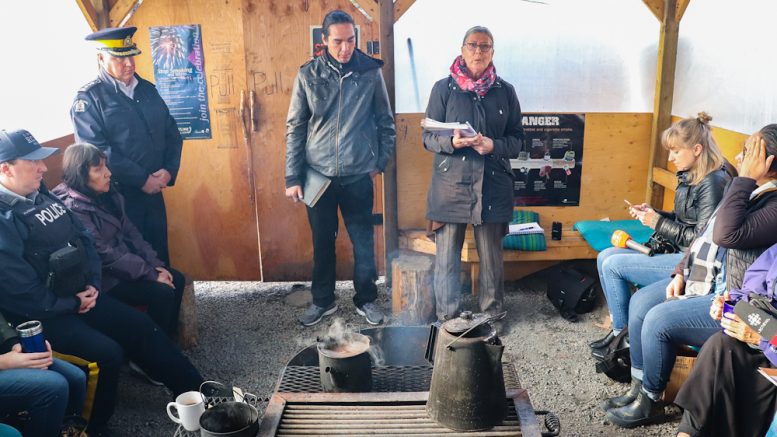Warning: This story discusses domestic violence and homicide.
It’s a well-known fact in the Northwest Territories that Indigenous women suffer disproportionate rates of domestic violence.
Now there’s a Canada-wide study with a chapter in the NWT that is hoping to speak to survivors of “extreme domestic violence,” and friends and family of victims of domestic homicides between 2006 and 2016.
Dr. Pertice Moffitt, of the Aurora Research Institute, is leading the study locally.
“We want to save lives,” she said. “We want to learn how to recognize where we could have intervened to keep people safe when the violence was escalating and resulted in a murder.”
High rates of violence
Between 2010 and 2018, there were 21 victims of domestic homicide in the NWT. Of those victims, 13 were adults (77 per cent women), three were children, and the age was unknown for five.
There were 17 accused that carried out the murders. The outcomes include a single conviction of first-degree murder, 10 for second-degree murder, one for manslaughter and five suicides.
The study identified four vulnerable populations: Indigenous women, immigrant women, children exposed to domestic violence, and residents in northern and rural communities.
All 21 victims belong to at least one of the categories above. The NWT’s rate is one of the highest in the country at 15.72 domestic homicides per 100,000 residents.
Getting participants
Dr. Moffitt and representatives from other supporting organizations held a launch for the study at the Arctic Indigenous Wellness Camp on Wednesday.
During the launch, Dr. Moffitt listed a series of factors that can contribute to the high rate such as, colonialism, a lack of accessible resources in remote communities, and social isolation.
Dr. Moffitt said that anyone interested in participating in the study will be able to choose how they want to be interviewed, whether in their home community in-person or via video, etc.
“Their safety and their comfort is important to us,” before adding that they’ll have interpretation services available as well.
She explained to CKLB that the questions will not ask participants to go into detail of their experience so as to not re-traumatize them, but focus on the gaps in protection.
CKLB asked how researchers can ensure this study will make a difference.
“We have very passionate, good researchers with a track record who actually analyze all those stories, they do something with it,” said Dr. Moffitt. “They give the story back to the person, the person can ask what is happening with my information. And so they create tools and things that can be used for frontline workers, for families.”
Lyda Fuller is the executive director of the YWCA.
At the launch she said that she’d been working in shelters for 33 years.
“It’s time to do things differently,” she said.
Anyone interested can contact Dr. Moffitt at 867-920-3062. The interviews will be ongoing for the next six months.
Francis was a reporter with CKLB from January 2019 to March 2023. In his time with CKLB, he had the immense pleasure and honour of learning about northern Indigenous cultures.






